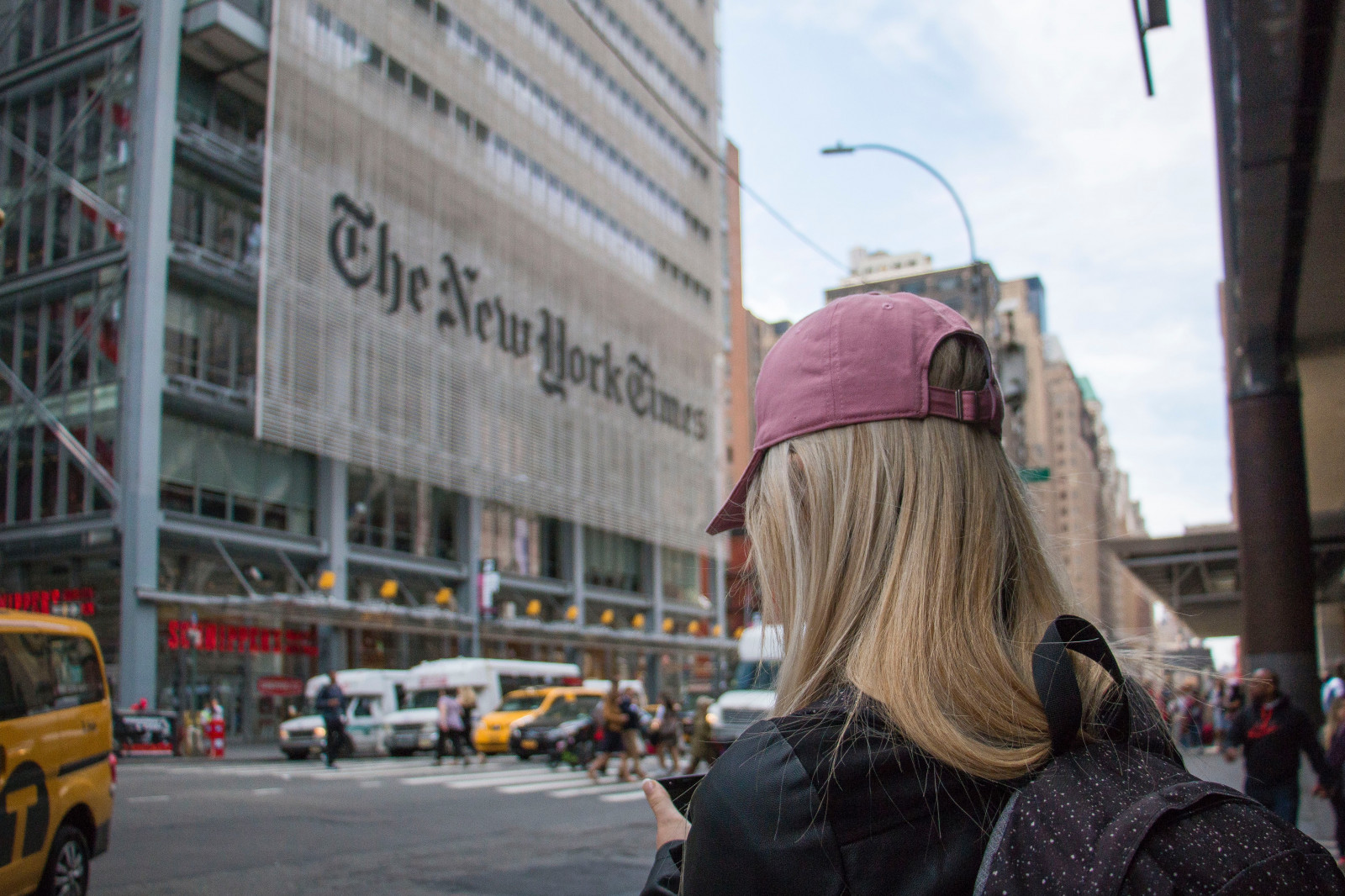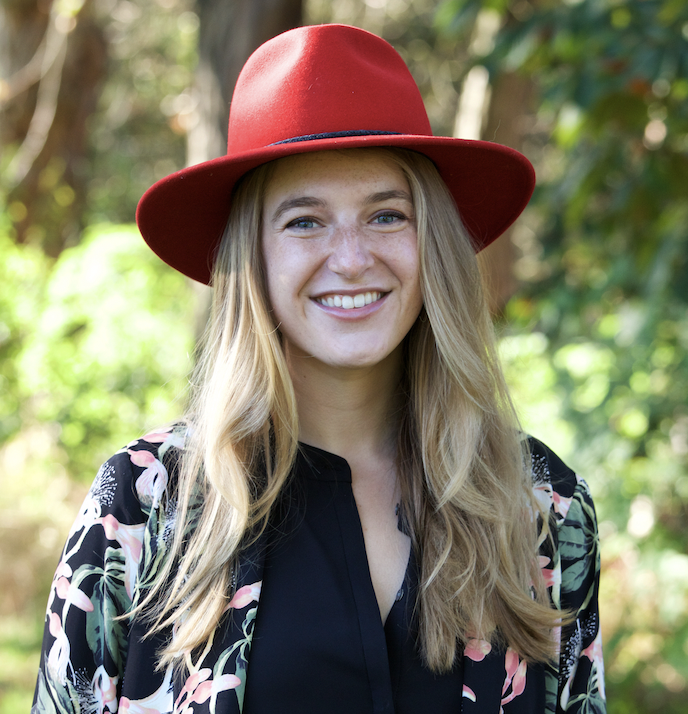The New York Times audio app is a bet on podcast exclusivity — here is why it might work

Photo: Sara Groblechner

Last week, The New York Times (NYT) debuted their official audio app, NYT Audio. NYT produces many popular podcasts, including The Daily and This American Life, utilising multiple streaming platforms to grow their audiences. As NYT has already created separate platforms for games and cooking, audio is a natural next step in building their content empire, and at the time of writing, the app ranks third in the Apple App Store top downloads. NYT’s audio app can potentially accomplish two goals: maintaining their current podcast audience and attracting new listeners with a unique consumer experience.
Experimenting with content exclusivity
NYT’s audio app experiments with the double-edged sword of podcast exclusivity, which can attract new subscribers to a platform but risks reducing a show's potential audience. Spotify spearheaded the exclusivity agenda with several high-profile talent deals and network acquisitions, but it is starting to backpedal this method with some of its Gimlet shows, alongside rumours that the shows’ growth may have suffered because of this strategy.
NYT is utilising a “best of both worlds” approach by having some exclusive content on its app and continuing to release its most popular shows on other platforms. For instance, new shows, such as The Headlines and Shorts, are exclusively available to NYT news and all-access subscribers on the app, but top shows, like The Daily, will still be widely available. However, even if the exclusive content attracts new listeners to the app, users will have to switch between platforms for any non-NYT shows they listen to. This balance of platforms is a challenge facing all entertainment, and will only grow as the boundaries that define formats continue to blur.
Featured Report
Pixels to playlists Music preferences and behaviours of gamers
The global games industry is a $236.9 billion behemoth. It now rivals film, television, and music combined in terms of revenues and is a cultural driver. Yet, for music companies, labels, and platforms,...
Find out more…Decluttering the podcast space
The NYT audio app is only available to news and all-access subscribers, which is a value-add for existing users, but prevents its content from reaching a wider audience. By contrast, in “open podcast ecosystems”, networks and creators release their podcast content on all platforms instead of making it exclusive to their own service. This amplifies the opportunities for them to be heard, rather than forcing listeners to download a new platform or pay for a new subscription. In fact, Acast shut its consumer app in 2022 to support this mission. NYT will have to convince both its existing and new subscribers to add yet another app to their rotation, which is not easy amid today’s intense competition for time and attention.
However, as major audio streaming platforms are oversaturated with not only podcasts, but music, and sometimes audiobooks, consumers may be looking for a more tailored experience. Spotify’s update to their Home Screen will not only feature podcasts, music, and audiobooks, but is also prioritising video content, which may make it difficult for audio-only shows to stand out. As news is one of the top genres among podcast listeners, NYT has a unique advantage to develop a specific, decluttered experience for this genre (along with the world-class reporting expertise to draw in listeners). This does not mean that every media network must make a separate app for audio content. NYT has the distinct brand and established podcast audience that can benefit from its own platform. NYT separating their shows to amplify content discoverability may better suit their audience, and potentially boost its competitive position in the podcast market.

The discussion around this post has not yet got started, be the first to add an opinion.